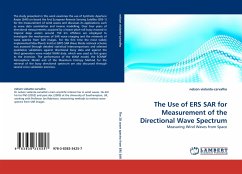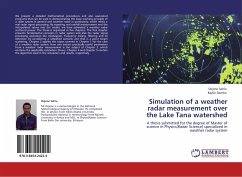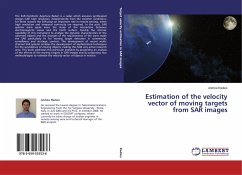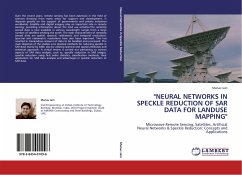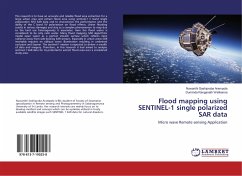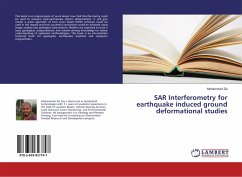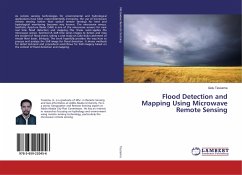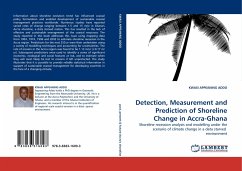The study presented in this work examines the use of Synthetic Aperture Radar (SAR) on-board the first European Remote Sensing Satellite (ERS-1) for the measurement of wind waves and discusses its applications such as wave data assimilation and inverse modelling. Over four years of directional measurements acquired by a heave-pitch-roll buoy moored in tropical deep waters around 150 km offshore are employed to investigate the mechanisms of SAR wave imaging and the retrievals of wave spectra from SAR images. For the first time the most widely implemented Max-Planck Institut (MPI) SAR Wave Mode retrieval scheme was assessed through detailed statistical intercomparisons and selected qualitative validations against directional buoy data and against the third generation wave model WAM data, which was used as first guess to the inversion. The performance of the WAM model, the ECMWF Atmospheric Model and of the Maximum Entropy Method for the retrieval of the buoy directional spectrum are also discussed through several cross-validation exercises.
Bitte wählen Sie Ihr Anliegen aus.
Rechnungen
Retourenschein anfordern
Bestellstatus
Storno

